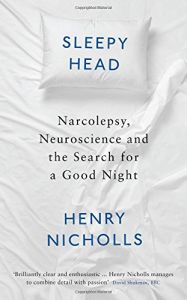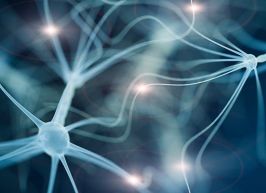Join getAbstract to access the summary!

Join getAbstract to access the summary!
Henry Nicholls
Sleepyhead
Neuroscience, Narcolepsy and the Search for a Good Night
Profile Books, 2018
What's inside?
Science writer Henry Nicholls offers a deep dive into the neuroscience of sleep disorders and good sleep.
Recommendation
As science journalist Henry Nicholls explains, his book is not a self-help tome about how to get a good night’s sleep. For Nicholls, trying to sleep is an unwelcome struggle. He received a diagnosis of narcolepsy at the age of 21, and has been living with the sleep disorder and its accompanying pathologies for decades. His personal experience launched this expedition into the science of sleep disorders, including cataplexy, sleep paralysis, sleep apnea, hypnagogia and insomnia, which is interesting but at times lacks depth and clarity. Anyone with an interest in sleep science, or anyone who experiences difficulties with sleep, will find Nicholls’s research compelling.
Summary
About the Author
Science writer Henry Nicholls also wrote Lonesome George and contributes to BBC Earth, New Scientist and The Guardian.




















Comment on this summary